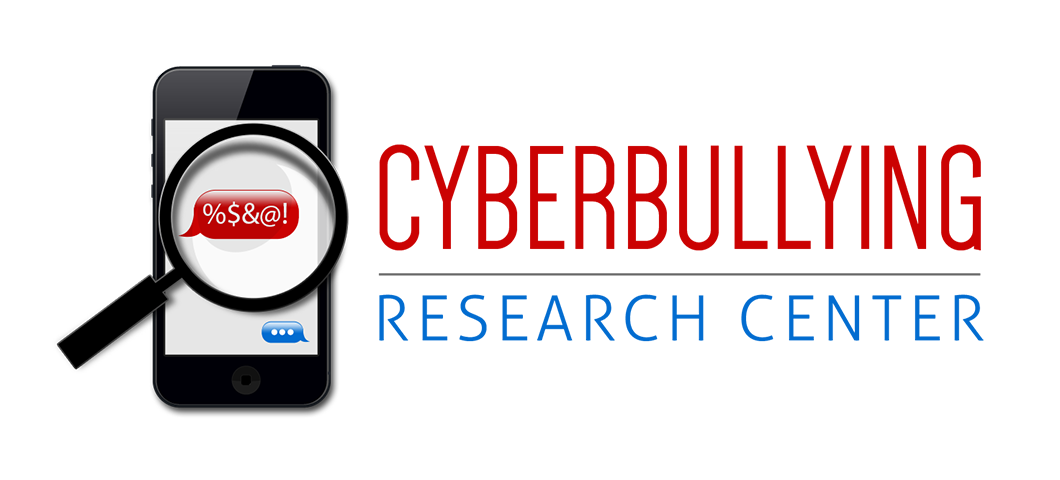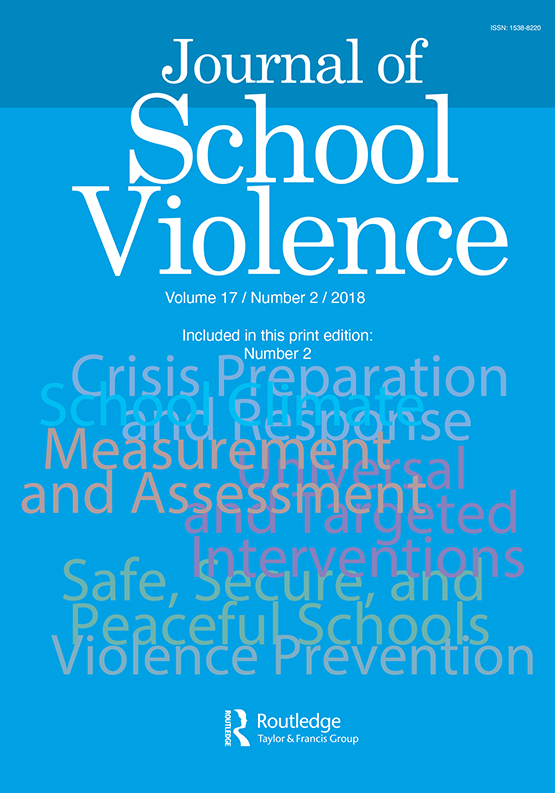
Live Web Chat for EdWeek Today
We will be participating in a live web chat for EdWeek today from 1-2 Eastern time. From EdWeek: “At its best, the Internet helps students find information and stay in touch with friends through everything from text-messages and blogs to social-networking and other video- and photo-sharing Web sites. But the Internet can also enable students […]

UCLA Research on Cyberbullying
A new research piece on cyberbullying was published recently by a couple of UCLA professors that pointed out that 72% of youth between 12-17 experienced online bullying within the past year. I find this number insanely high; the authors rightly note that their web-based methodology (constructed very similar to our older studies) possibly led to […]

Tagging of personal pictures online, facial recognition, implications for youth
As most of you know, Justin and I have conducted some studies on the youth use of social networking sites. Our primary intention was to determine if and how adolescents are rendering themselves vulnerable to victimization based on the content (diary entries, personal information, pictures, video, etc.) they post within their profile pages. This content […]

Defining Cyberbullying
There has been renewed discussion recently about what behaviors actually constitute cyberbullying. This is an issue that we have commented about on this blog before and discuss in detail in our book (see especially pages 5 and 49). One of our favorite Internet safety newsletters, Net Family News, recently reported on an article published last […]

Offline Consequences of Online Victimization: School Violence and Delinquency
As increasing numbers of youth embrace computer-mediated communication to meet academic and social needs, interpersonal violence directly and indirectly related to the Internet is occurring more often. Cyberbullying in particular has shot to the forefront of agendas in schools and communities due to the emotional, psychological, and even physical harm to which victims can be […]

Cell phones on School Campuses in California
In keeping with a trend we have been seeing across the country, another school board in California has decided to ban the inappropriate use of cell phones on school grounds (largely to prevent cyberbullying and the recording and online posting of fights). There is one exception – students are able to use cell phones to […]

Cyberbullying and Strain
One of the more popular criminological theories floating around these days suggests that individuals engage in deviance as a response to experiencing stressful life events or strain. For example, youth who are abused at home or who break up with a serious significant other, or who move to a new town, are more at risk […]

The Cyberbully Next Door
I was recently talking to a colleague (who is an economist at my University) and he told me of an experience that recently happened with his daughter. She was at a get-together at a hotel in our city where alcohol was being served. Somehow the police found out about the party and busted all of […]

Teachers and students “friending” on MySpace
CNN posted an interesting story about teachers setting up MySpace pages and “friending” their students…and about a Missouri legislator sponsoring a bill banning elementary school teachers from doing so. I was talking to Justin about this, and we both agree that a state bill banning this activity is completely overboard (another example of how politicians […]

Cyberbullying Research
When we first started exploring the issue of cyberbullying over 6 years ago, there weren’t very many of us out there. A very small handful of researchers were studying the problem and virtually nothing had been published in the academic literature. Now, thankfully, cyberbullying is being comprehensively studied by a number of competent research teams. […]

